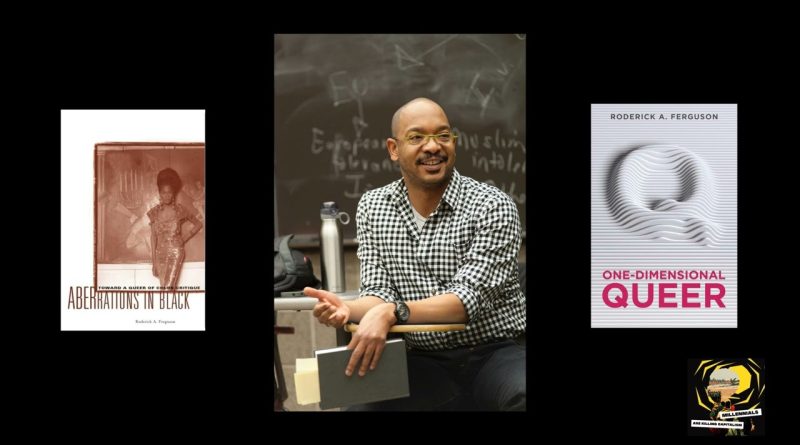Mainstreaming Queer Politics and the Black Family, State, and Capital With Roderick Ferguson
In this episode, we speak with Roderick Ferguson about two of our all-time favorite books, One-Dimensional Queer and Aberrations in Black: Toward a Queer of Color Critique.
The former which problematizes single-issue politics that came to dominate, disrupt, capture, and destroy the gay liberation movement—and has continued to plague queer (anti-) politics today.
And the latter which discusses the regulation of sexual difference and its role in circumscribing Black-African culture.
Throughout the conversation, we discuss the concept of one-dimensionality—which Ferguson borrows from Herbert Marcuse—and how the mobilization of the concept in queer struggles “[drove] a wedge between queer politics and other progressive formations.” We also discuss how the structural realities imposed through capitalism, racialized violence and neglect, have made the nuclear family unit a “material impossibility” for non-white people—namely Black-African people.
Roderick A. Ferguson is the William Robertson Coe Professor of Women’s, Gender, and Sexuality Studies and American Studies at Yale University.
He is also faculty in the Yale Prison Education Initiative. He is the author of One-Dimensional Queer, We Demand: The University and Student Protests, The Reorder of Things: The University and Its Pedagogies of Minority Difference, and Aberrations in Black: Toward a Queer of Color Critique. He is the co-editor with Grace Hong of the anthology Strange Affinities: The Gender and Sexual Politics of Comparative Racialization. He is also co-editor with Erica Edwards and Jeffrey Ogbar of Keywords of African American Studies (NYU, 2018). He is the 2020 recipient of the Kessler Award from the Center for LGBTQ Studies (CLAGS).
If you like what we do and want to support our ability to have more conversations like this. Please consider becoming a patron. You can do so for as little as a $1 a month.
source

